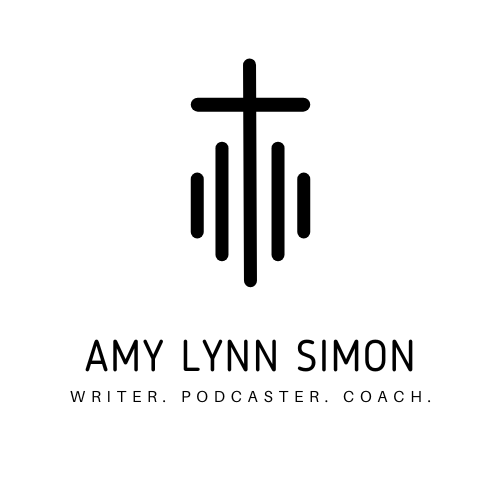What’s your relationship with boundaries?
When my kids were young, we went on a vacation that required airplane travel. I told the kids that they could each pack some games and snacks in their own backpacks that they could then take on the plane. The catch was this - they couldn’t make their backpacks so heavy that they couldn’t carry them through the airport themselves. They couldn’t stuff it so full of things that they would need to hand it off to myself or Dad part way through the walk to the gate. We would have our own luggage to carry and wouldn’t be able to carry theirs as well.
That’s how life works, isn’t it? Galatians 6:4-5 says, “Each one should test their own actions. Then they can take pride in themselves alone, without comparing themselves to someone else, for each one should carry their own load.” (Emphasis mine.) Our load is like the kids’ backpacks. They’re the everyday, normal responsibilities of life. Getting up, going to work, doing the laundry, caring for our families, seeing to our own health - mental, emotional, physical, and spiritual. Our emotions, reactions, choices, likes and dislikes are all part of our load to carry.
Galatians 6:2 says, “Carry each other’s burdens, and in this way you will fulfill the law of Christ.” (Emphasis mine.) Burdens are the above and beyond problems and crises in life. A new baby, a death in the family, a difficult illness, moving. Those are things that we are called to help one another with. They’re too big to be carried alone. The Body of Christ supports one another when we have burdens too big to carry alone.
Boundary Problems
So what are the different problems we might run into as it relates to boundaries? One common problem is that we take on other peoples’ loads as our own. We take up someone else’s backpack. What does that look like? Maybe a coworker or friend asks you to take care of things for them that are really their responsibility. Does that mean we can never help someone out just to be nice? Of course not. I’m referring to chronically doing someone’s work for them, particularly when you have a lot of your own to do and really don’t have the capacity. You end up feeling used and frustrated. You neglect your own responsibilities in order to carry theirs.
In 2 Corinthians 9:7, Paul says, “Each of you should give what you have decided in your heart to give, not reluctantly or under compulsion, for God loves a cheerful giver.” Decide what you have to give to others, whether it’s financially or giving of your time or of your emotional resources. There’s nothing holy about being a doormat, or giving in to the demands of others to the point that you are neglecting your own responsibilities. It’s OK to say a prayerful “no” to requests that you really don’t have the capacity or desire to fulfill.
If we struggle to say no and establish healthy boundaries, there could be lies under the surface contributing to that. Here are some possibilities:
- If I say no, then I won’t be liked.
- If I say no, I’m not being a good friend.
- God wants me to help everyone who asks.
- My value is in how much I can be helpful to others.
Do you have trouble saying no? Take some time to explore why that is. Is there a lie that you’re believing? Did the adults in your family of origin draw appropriate boundaries? Were your boundaries respected? Sometimes those who have suffered abuse (the ultimate violation of boundaries) have trouble setting boundaries on others and respecting the boundaries that others set.
The other common boundary problem that we can have is that we don’t take responsibility for our own backpacks. We push our loads off onto others, whether it’s daily life responsibilities or failing to own our emotions and responses to situations. There are a lot of situations that are out of our control. Things happen to us or are done to us that we have no control over. However, we DO have control over how we respond to those situations. We can’t use those things as an excuse to make poor choices or to think that the normal rules of life don’t apply to us.
Sometimes we push our loads onto others because we’ve taken on too much. We’re like the kid going through the airport handing mom the backpack because it’s too heavy for us to carry.
Why do we take on too much? Sometimes we’re trying to find our purpose and value in all the things we take on. Or we’re trying to make ourselves so busy that we don’t have time or head space to deal with deeper issues in our lives.
Some lies we might be believing if we struggle to take responsibility for our own load:
- I react this way because of what has been done to me, so it’s not my fault.
-I’m just too busy to get everything done. We’re supposed to help each other out.
Truth:
- My reactions to situations might be the result of what was done to me. However, the responsibility of pursuing healing and working to change those reactions is mine to own.
- If I’m too busy to manage my own responsibilities, then I probably need to take some things off my plate. My worth comes from Jesus, not from the number of things I do in a day.
Do you struggle in these areas? Do you have a hard time saying no and end up feeling like everyone’s doormat? Or do you find yourself blaming others for things that maybe you could take more responsibility for? Take some time to journal through then using the BUILD method.

